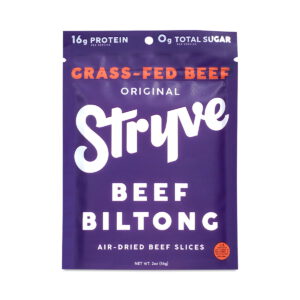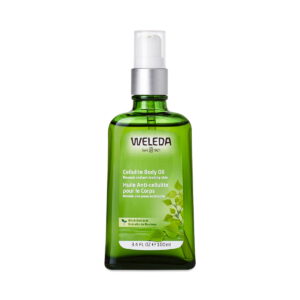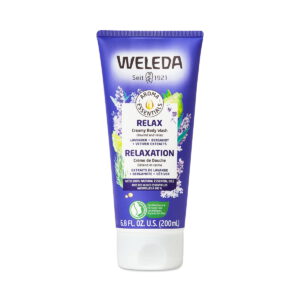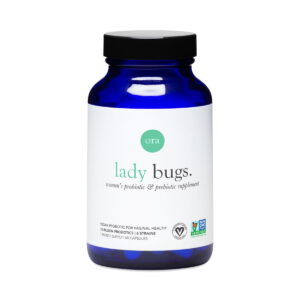Nine healthy habits that work. When it comes to the big topic of “New Year “…well”, the more options you have, the greater chance that you will find one that fits your particular circumstances. Here’s top picks from year of research.
- Keep in touch. Vivek Murthy served as the U.S. Surgeon General under President Obama. He advises that you spend at least 15 minutes every day in conversation with someone you love. Murthy’s book, Together, The Healing Power Of Human Connection in a Sometimes lonely World, explains how we evolved to have more connection than our American lives offer. (Murthy 2020).Your body will be grateful. Social isolation, for example, has been shown to increase the risk of dementia in older adults, as well as a 29% higher risk for heart disease and a 32% higher chance of stroke in those over 65 (Centers for Disease Control and Prevention 2020).
- Sunlight is best at dawn and dusk. Sunlight regulates your sleep cycle and increases vitamin D and nitric dioxide stores (Queiros and al., 2019).
- Visit the park frequently.Shinrin-Yoku, or “forest-bathing”, is a Japanese term. One famous U.S. study had scientists give volunteers mood and attentiveness tests before and after a 50 minute walk through a green area at Stanford. The campus is huge. The volunteers felt less anxious and more focused after they had been exposed to greenery. A different group went for a walk along a busy highway in Palo Alto, but they didn’t feel nearly as refreshed (Bratman 2015).

Forest bathing doesn’t require soap or water. It requires a willingness to let nature’s sights, sounds, and smells wash over you and refresh you.
Forest bathing doesn’t require soap or water. It requires a willingness to let nature’s sights, sounds, and smells wash over you and renew you.
- Every day, do a 10-minute workout. You can switch between a cardio workout and a muscle-building program. You can get a taste of long-term benefits from exercise by doing short bursts. These include improved mental health, lower diabetes risk, and protection of your bones and muscles as you age (Putka 2021).
- Magnesium is a key mineral. Half of Americans might be deficient in this essential mineral that every cell of our bodies needs (Rosanoff and al., 2012). It’s linked to everything, from mood improvement and improved exercise performance to better blood sugar control (Spritzler 2018). We all take vitamin D. But magnesium is necessary for the supplement to work (Uwitonze (2018) For women, the recommended daily intake is 320 mg/day and 400 mg for men.
- Give food your full attention. This means that you should not text, read, work, or watch TV while eating. You can also stick to this rule for one meal, such as dinner. This is the core practice of mindful eating programs. It can prevent us from gaining weight and reduce anxiety about food (Daubenmier and Godsey 2011, 2013).
- You might consider a fasting program. This is a popular way to lose weight, but there are many other benefits. In June I described the different options for eating with breaks. This helps to reduce inflammation, improve insulin resistance, and manage blood pressure.
- Eat high-omega-3 seafood! You can increase your chances of living a longer life, as written in August (McBurney et. al., 2021; O’Neill, 2021).

One way to add more seafood – branch out, and try varieties of salmon you have never had. King salmon, for example, is regarded as the richest wild type, offering an abundance of healthful omega-3 fats.
Japan’s high fish consumption is likely why Japanese people live longer than Americans. For lunch, can you have sardines and salad? You might add some of our salmon caviar in your scrambled eggs for breakfast. Have a piece of salmon candy for snack? You can add more seafood by trying new varieties of salmon. King salmon is the most nutritious wild type and contains a lot of healthy omega-3 fats. Are you unsure which resolutions for the New Year to make? Below is one of my favorite ways to help you make a decision. - The Marines teach you the 70 percent rule. Gather all information and resources you can to help you make a decision. You can’t be certain or prepared for everything. If you feel that knowledge is only 70% of your decision, let intuition guide the remaining 30% and make your choice. What’s 70 percent, what’s 30 percent? It’s also a guess. This is where the key lies in taking action, but not blindly. You may be able to access new information once you are moving, rather than being stuck in your indecision.
Many of us found 2021 challenging, but it’s all the greater reason to resolve to make this year better for others and ourselves.
We wish you a happy 2022!
Citations
Bratman, Gregory N., Gretchen C. Daily, Benjamin J. Levy, and James J. Gross. “The Benefits of Nature Experience: Improved Affect and Cognition.” Landscape and Urban Planning. Elsevier, March 3, 2015. https://www.sciencedirect.com/science/article/abs/pii/S0169204615000286?via%3Dihub.
Brody JE. The Benefits of Intermittent Fasting. The New York Times. https://www.nytimes.com/2020/02/17/well/eat/the-benefits-of-intermittent-fasting.html. Published February 17, 2020.
Cabo R de, Mattson M. Effects of Intermittent Fasting on Health, Aging, and Disease: NEJM. New England Journal of Medicine. https://www.nejm.org/doi/full/10.1056/nejmra1905136. Published April 30, 2020.
Daubenmier J, Kristeller J, Hecht FM, et al. Mindfulness Intervention for Stress Eating to Reduce Cortisol and Abdominal Fat among Overweight and Obese Women: An Exploratory Randomized Controlled Study. J Obes. 2011;2011:651936. doi:10.1155/2011/651936
Godsey J. The role of mindfulness based interventions in the treatment of obesity and eating disorders: an integrative review. Complement Ther Med. 2013;21(4):430-439. doi:10.1016/j.ctim.2013.06.003
Loneliness and Social Isolation Linked to Serious Health Conditions. Centers for Disease Control and Prevention. https://www.cdc.gov/aging/publications/features/lonely-older-adults.html. Published May 26, 2020.
McBurney, M. I., Tintle, N. L., Vasan, R. S., Sala-Vila, A., & Harris, W. S. (2021). Using an erythrocyte fatty acid fingerprint to predict risk of all-cause mortality: the Framingham Offspring Cohort. The American journal of clinical nutrition, nqab195. https://doi.org/10.1093/ajcn/nqab195. Published June 16, 2021.
Murthy V. Together: the Healing Power of Human Connection in a Sometimes Lonely World. New York, New York: Harper Wave, an imprint of HarperCollinsPublishers; 2020.
O’Neill M. Higher levels of omega-3 in the Blood increase life expectancy by almost five years. SciTechDaily. https://scitechdaily.com/higher-levels-of-omega-3-in-the-blood-increase-life-expectancy-by-almost-five-years/. Published July 26, 2021.
Putka, Sophie. “Scientists Recommend a 10-Minute Workout with Surprising Benefits.” Inverse. Inverse, May 3, 2021. https://www.inverse.com/mind-body/the-10-minute-longevity-hack.
Queirós CS, Freitas JP. Sun Exposure: Beyond the Risks. Dermatol Pract Concept. 2019;9(4):249-252. Published 2019 Oct 31. doi:10.5826/dpc.0904a01
Rosanoff A, Weaver CM, Rude RK. Suboptimal magnesium status in the United States: are the health consequences underestimated?. Nutr Rev. 2012;70(3):153-164. doi:10.1111/j.1753-4887.2011.00465.x
Spritzler, Franziska. “10 Evidence-Based Health Benefits of Magnesium.” Healthline. Healthline Media, September 3, 2018. https://www.healthline.com/nutrition/10-proven-magnesium-benefits.














